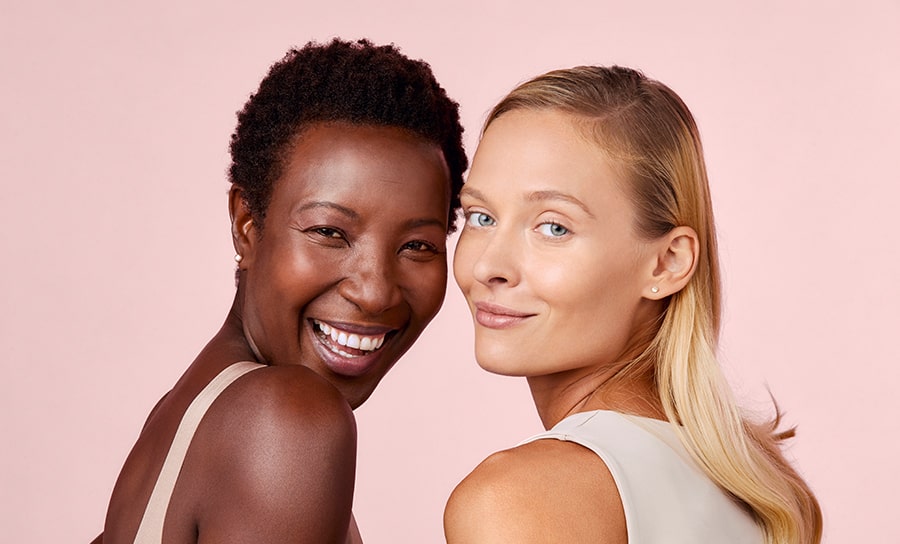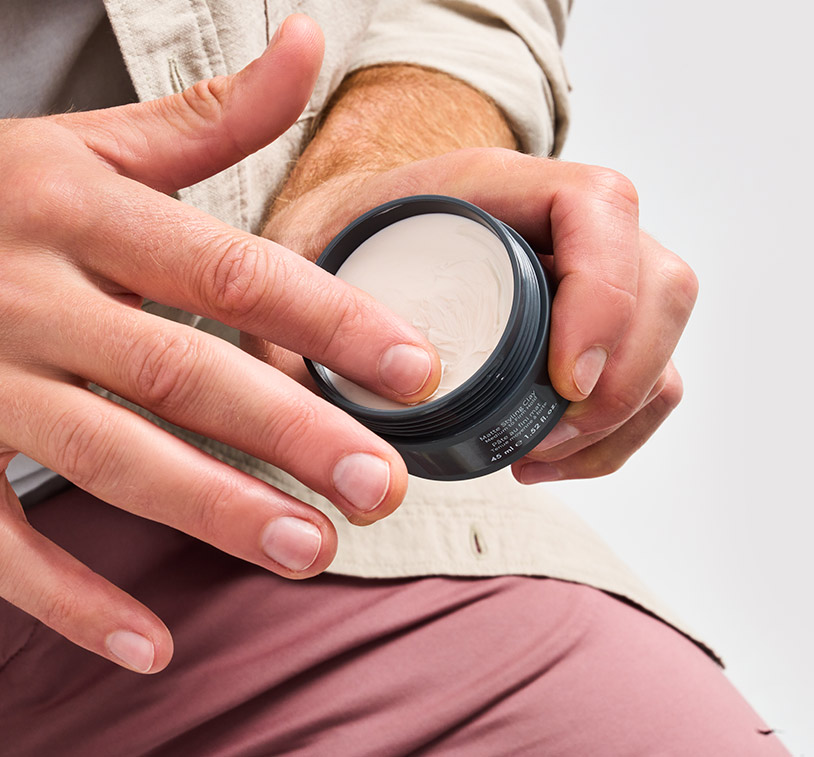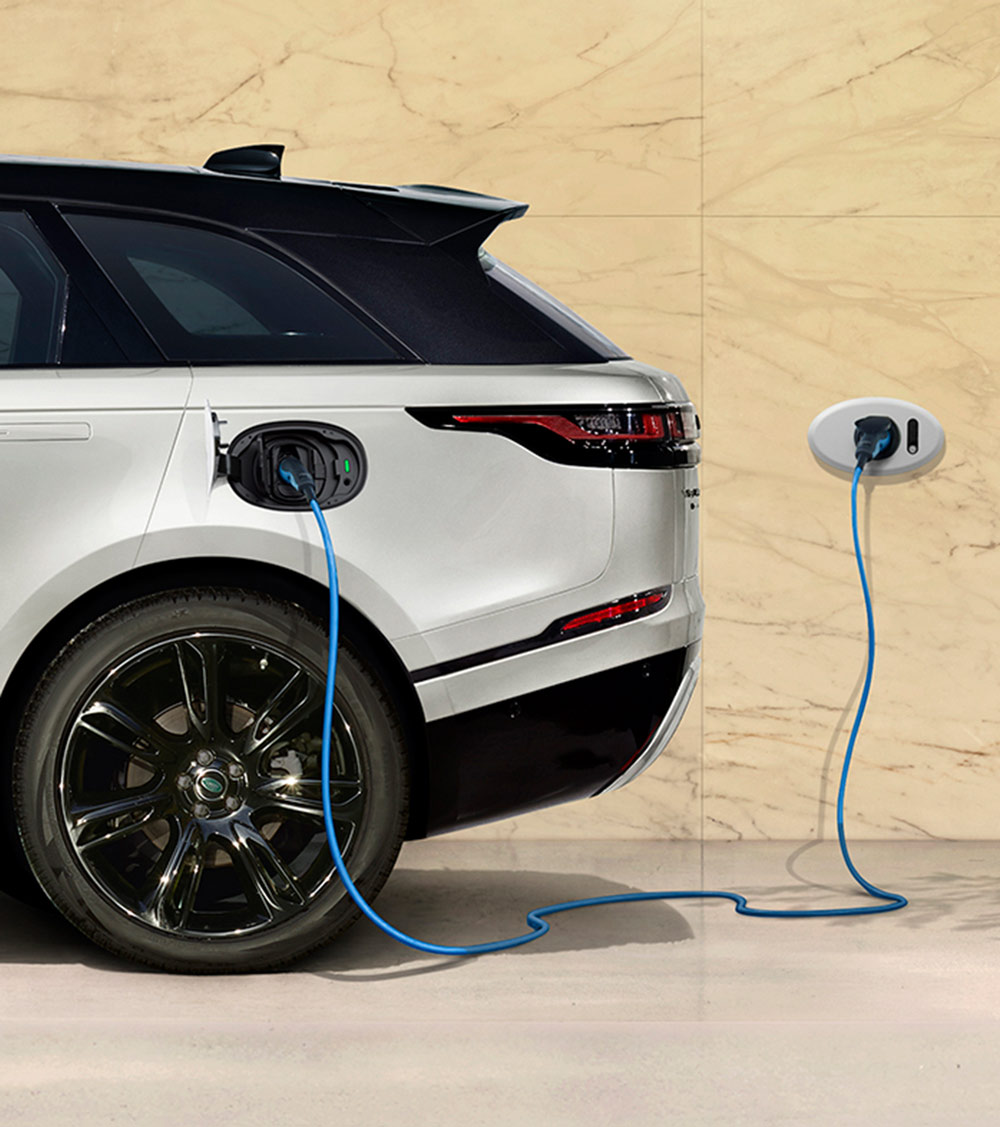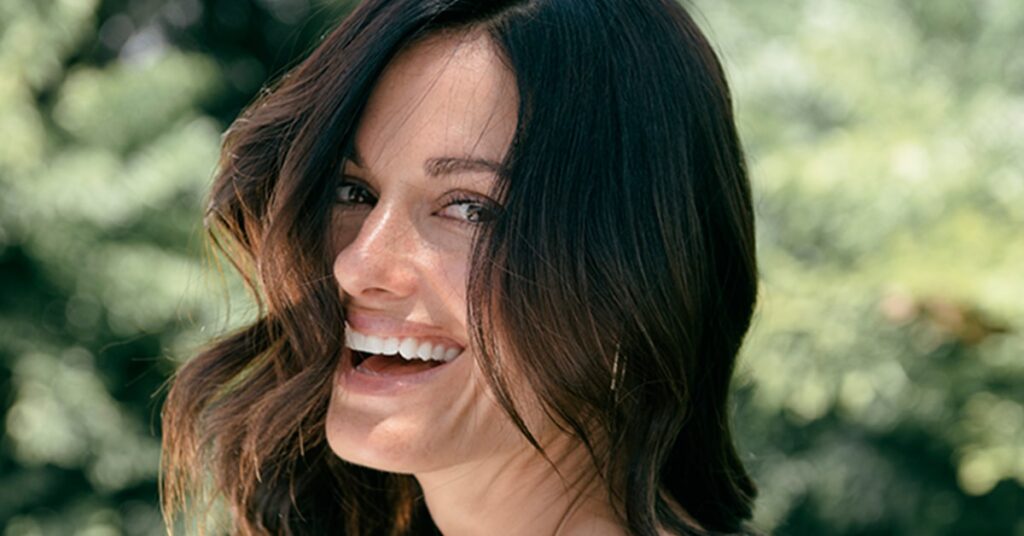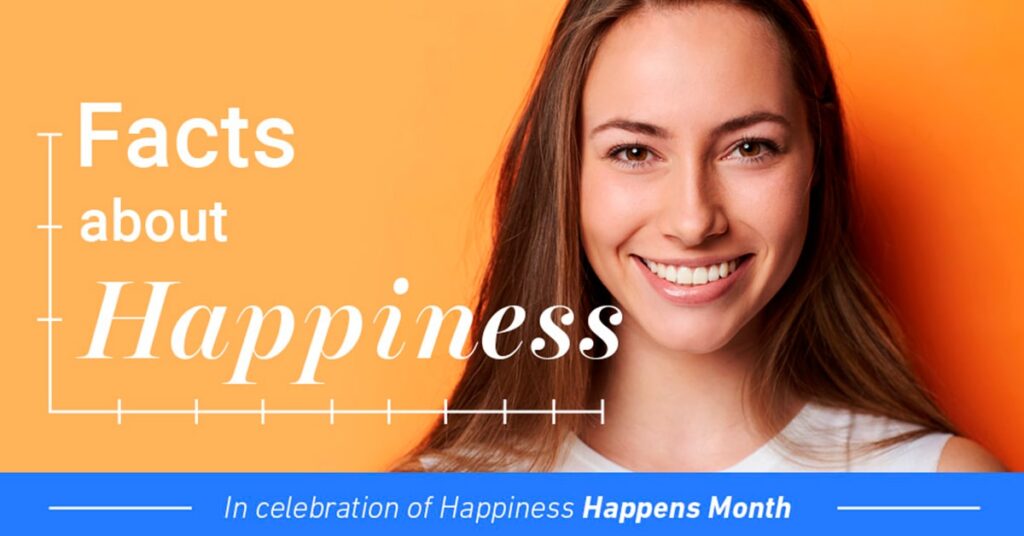
Happiness happens. It does! But only if we want it. But who wouldn’t want it?
Well, the reality is that we’re not happy 100% of the time, and that’s completely normal. Is there really a formula to being merry no matter what? It seems there is.
Researchers around the world have made many experiments in the past few decades to study this marvelous phenomenon called ‘happiness’ and the findings have been quite remarkable.Turns out, we can activate our hippocampus (you know, the area of our brain responsible for happiness and positive memories ) to achieve true joy mostly when we are the creators of it ourselves. When we are the cause of our happiness, instead of being the effect of an external happening, the satisfaction we get is greater and lasts longer.
Knowing our life’s purpose, being respected, having good relationships, feeling safe, and fulfilling our basic biological needs are common triggers to our happy feelings because we are the direct recipients of such pleasures. But what happens when we don’t get what we want? We feel sad, frustrated, disappointed… meaning that we are being completely dependent on these external factors.
But what if we learned to create our own reality? What if we knew how to feel bliss and peace despite difficult times?
August is Happiness Happens Month so we thought we’d list our favorite 10 findings from studies circulated worldwide by several respected publications* that provide a deeper understanding of why happiness happens and how we can actually generate more of it in our lives.

Scents, music, and the weather can affect our mood
These elements can alter the way our neurons are wired and can awaken emotions that make us feel cheerful, peaceful, or gloomy. The fragrance from essential oils and flowers can lift our spirits or relax us. Music can motivate and inspire us. Spending a day outside in sunny weather can broaden our thinking, improve our memory, and boost positive mood.

Pets
They are loyal, noble, non-judgmental, and unconditional. They amuse us and they’re always there when we need unbiased comfort. Impossible not to love them and cheer up around them!

Positive behaviors are as contagious as vicious conducts
Joy is as infectious as sadness. So choose your social circles wisely and connect more with people with an optimistic outlook on life.

People become happier with age
Despite an increase in responsibilities, many people shift their priorities as they mature, from the physical, material things to the intangible, more spiritual experiences. Older people tend to value and appreciate ordinary moments and are able to reach feelings of wellbeing and harmony with the simplest things in life.

Healthy people are 20% happier than average
The right nutrition, regular exercise, and good rest play important roles. To boost your serotonin and dopamine (neurotransmitters that help regulate learning, mood, sleep, sexuality, appetite, the brain’s reward and pleasure centers, movement and emotional responses), add more poultry, fish, milk and bananas to your diet. Just 20 minutes of exercise per day will also rise serotonin, dopamine and norepinephrine, along with proteins and endorphins that make the brain feel happier. And don’t forget to have a good-night’s sleep. Studies showed that sleep-deprived individuals have a harder time remembering positive ideas and an easier time remembering negative

Being present
Worrying about the past or the future steals our peace of mind. If we insist that our happiness will depend on getting a brand new car, owning a house, winning the lottery, or finding our soulmate, we limit our capacity to experience happiness here and now.

Having an attitude of gratitude creates more reasons to be grateful
We frequently miss the blessings because they come in disguise. But when we practice gratitude, feeling appreciation for everything come what may, our mind gets unclogged, we receive more clarity, and we gain access to see the big picture beyond what our limited five senses might be perceiving.

It’s a choice
This is a tough one, but totally achievable nonetheless. Having the capacity to choose happiness, though, comes from having certainty and surrendering: trusting the natural course of things that sometimes may seem illogical or unfair and embracing these difficult experiences, events, and changes. These conscious actions are actually the pathway to our growth and evolution and open the doors to new useful wisdom in our lives.

Giving
Being generous for the right reasons and with the right intentions gives more pleasure than receiving. Random acts of kindness, altruism and volunteerism are 100% natural and side effect-free “medicines” that help rewire our brains. In many experiments, doctors have prescribed actions like these to treat depression and patients have had outstanding positive results, including complete recovery from their ailment.

Spirituality
Regardless of religious beliefs, a spiritual person is someone who applies universal principles, such as selflessness, compassion, and unconditional love towards their neighbours, not to be nice and polite,
but to transform into a better version of themselves.
*Results revealed by the Journal of Positive Psychology, the British Medical Journal, the United Kingdom’s Open University, San Francisco State University, University of North Carolina at Chapel Hill, Cornell University, University of Illinois, and The US General Social Survey, among other sources.
TAGS
KEEP READING
December 12, 2023
Changing The Winter Blahs Into The Winter Aahhhs!
August 10, 2023
Get Your Healthy Living Journey Back on Track!
May 13, 2021


